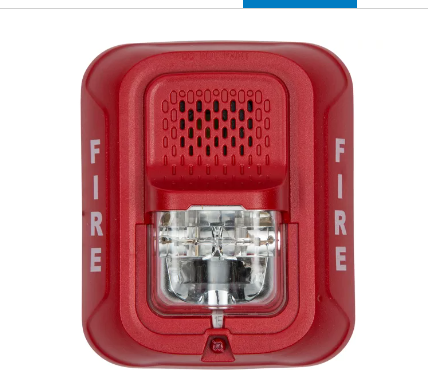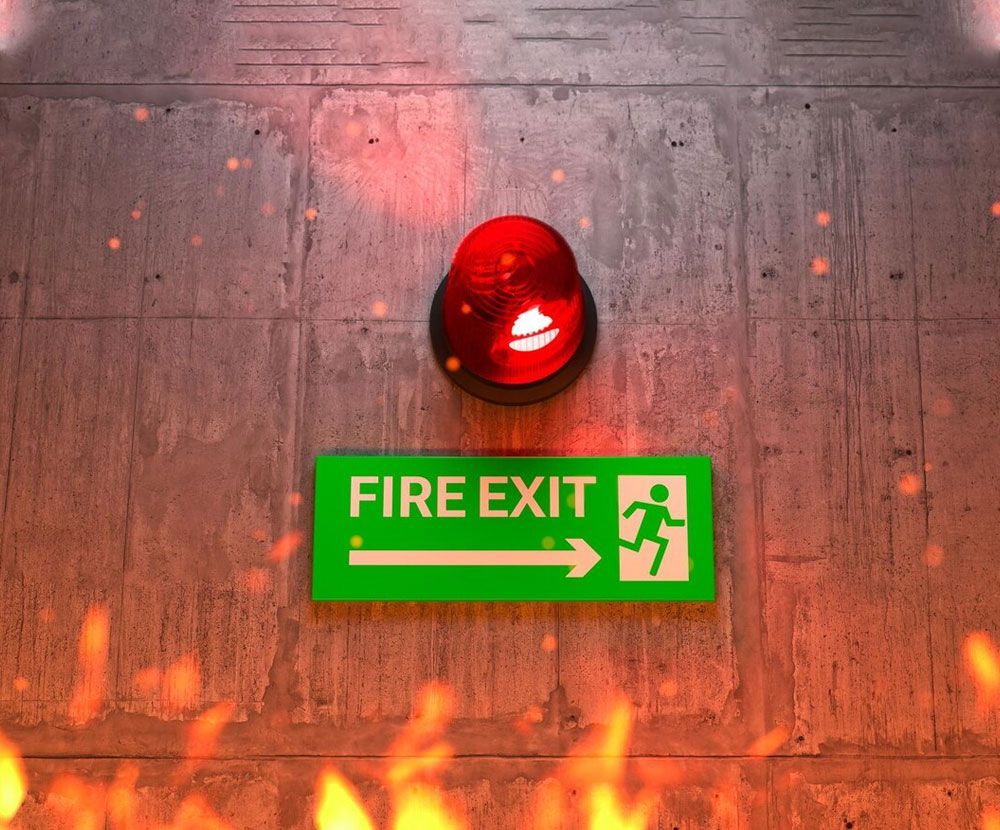
Keeping Your Business Safe: A Guide to Commercial Fire Alarm Systems
Every business owner understands the importance of fire safety. A fire alarm system is a critical line of defense, providing early detection and helping ensure the safety of employees, customers, and your property. But navigating the world of commercial fire alarm systems can be daunting. This blog will guide you through the essentials, empowering you to make informed decisions for your business.
The Essential Elements
Commercial fire alarm systems are comprised of three key components:
· Initiating Devices: These are the sensors that detect fire. Smoke detectors, heat detectors, and manual pull stations are all common initiating devices.
· Control Panel: The brain of the system, the control panel receives signals from initiating devices and triggers alarms. It can also be linked to fire departments and monitoring services.
· Notification Appliances: These are the alarms that warn occupants of a fire. Alarms typically include horns and strobe lights to provide both audible and visual alerts.
Choosing the Right System
There are two main types of commercial fire alarm systems: conventional and addressable.
· Conventional Systems: These are simpler and more affordable options. They divide the building into zones, but cannot pinpoint the exact location of a fire alarm.
· Addressable Systems: More complex, addressable systems identify the specific device triggering the alarm. This allows for faster response and evacuation.
The best system for your business depends on several factors, including the size and layout of your building, municipal code requirements, the level of fire risk, and your budget. Consulting with a qualified fire alarm professional is crucial to ensure you get the right system for your needs.
Beyond the Basics
Modern fire alarm systems offer a variety of advanced features, including:
· Voice Evacuation Systems: These systems provide clear instructions during an emergency, guiding occupants to safety.
· Mass Notification Systems: These systems can send alerts to occupants via phones, emails, or text messages.
· Remote Monitoring: Systems can be monitored by a central station, allowing for quicker responses from emergency services.
Keeping Your System Functional
Regular maintenance and testing are essential for ensuring your fire alarm system functions properly. NFPA codes typically require monthly, quarterly, and annual inspections and tests. A qualified technician can perform these services and ensure your system is ready to protect your business.
Remember, a functional fire alarm system is a lifesaving investment. By understanding your options and taking proactive steps, you can create a safer environment for everyone in your building.
For more information, contact the professionals at Allstar Fire Protection.
Allstarfireprotection.com or 615-865-5600






